Description
Mustard Small: Unveiling the Healthful Antioxidant Arsenal
Discover the nutritional treasure trove that mustard small brings to your table, offering more than just a flavorful kick. Beyond its distinct taste, mustard stands out as a source of antioxidants and valuable plant compounds believed to fortify your body against damage and diseases. Let’s delve into the healthful components that make mustard a standout addition to your culinary repertoire.
Key Antioxidants and Plant Compounds in Mustard:
1. Glucosinolates:
– Mustard belongs to the cruciferous vegetable family, alongside broccoli, cabbage, and Brussels sprouts. These vegetables are rich in glucosinolates, sulfur-containing compounds. When mustard’s leaves or seeds are damaged, such as through cutting or chewing, glucosinolates are activated. They are believed to stimulate the body’s antioxidant defenses, providing protection against diseases.
2. Isothiocyanates:
– Derived from glucosinolates, isothiocyanates are compounds found in mustard that may play a role in preventing the growth or spread of cancer cells. These compounds are part of the plant’s defense mechanism and contribute to mustard’s potential health benefits.
3. Sinigrin:
– Responsible for mustard’s pungent taste, sinigrin is a glucosinolate-derived compound. It is associated with various health-promoting properties, including anti-inflammatory, antibacterial, antifungal, anticancer, and wound-healing effects. The distinct flavor of sinigrin enhances the culinary experience of mustard while offering potential health advantages.
4. Carotenoids:
– Mustard is rich in carotenoids, which are pigments responsible for the vibrant colors in many fruits and vegetables. Carotenoids act as antioxidants, and their consumption is linked to potential protection against conditions such as type 2 diabetes, heart disease, and certain types of cancer.
5. Flavonoids (Isorhamnetin and Kaempferol):
– Mustard contains flavonoid antioxidants, including isorhamnetin and kaempferol. Research suggests that these compounds may contribute to the prevention of chronic diseases. Flavonoids have been associated with protective effects against oxidative stress, inflammation, and cardiovascular issues.
Health Benefits of Mustard Small:
1. Antioxidant Defense:
– The antioxidants in mustard, including glucosinolates, isothiocyanates, and flavonoids, contribute to the body’s defense against oxidative stress. This protection is vital for overall health and may play a role in preventing chronic diseases.
2. Potential Cancer Prevention:
– Isothiocyanates derived from glucosinolates in mustard are being studied for their potential role in preventing the growth and spread of cancer cells. While more research is needed, the compounds present in mustard show promise in the field of cancer prevention.
3. Anti-Inflammatory Properties:
– Sinigrin, the pungent compound in mustard, exhibits anti-inflammatory properties. This may be beneficial in reducing inflammation in the body, contributing to overall well-being.
4. Heart Health Support:
– Carotenoids and flavonoids in mustard are associated with heart health. Consuming mustard as part of a balanced diet may contribute to cardiovascular well-being and help lower the risk of heart-related conditions.
5. Flavorful Nutrient Boost:
– Beyond its health benefits, mustard small adds a flavorful punch to a variety of dishes. Incorporating mustard into your meals not only enhances taste but also provides additional nutrients to support your overall nutritional intake.
Incorporating Mustard Small Into Your Diet:
1. Condiment: Use mustard as a condiment for sandwiches, burgers, and wraps.
2. Marinades: Create flavorful marinades for meats and vegetables by incorporating mustard into your recipes.
3. Salad Dressing: Whisk mustard into salad dressings to add depth and tanginess.
4. Dipping Sauce: Mix mustard with herbs and spices for a delightful dipping sauce.
5. Flavorful Coating: Use mustard as a coating for roasted or grilled vegetables.
By embracing the healthful attributes of mustard small, you not only elevate the taste of your dishes but also contribute to your overall well-being through the powerful antioxidants and beneficial plant compounds it provides.



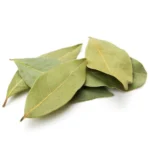
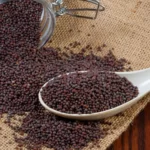
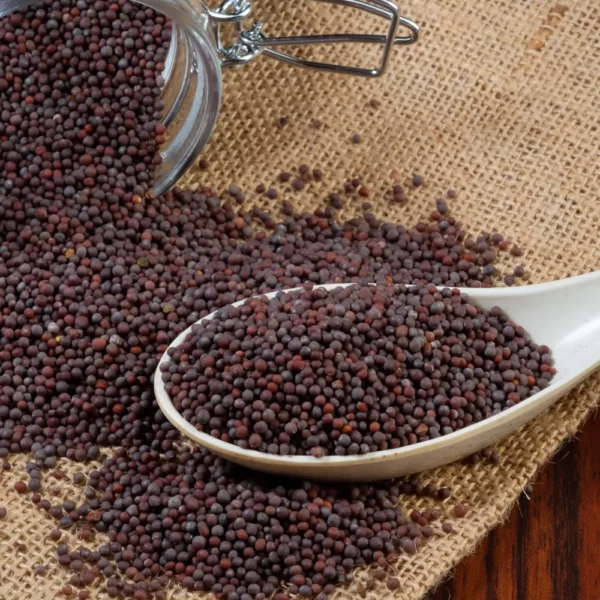

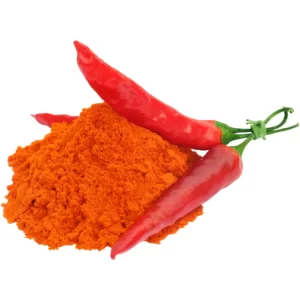
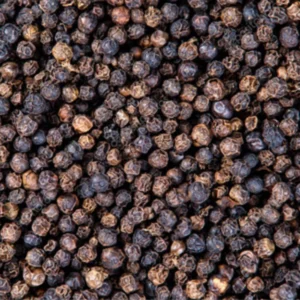

Reviews
There are no reviews yet.